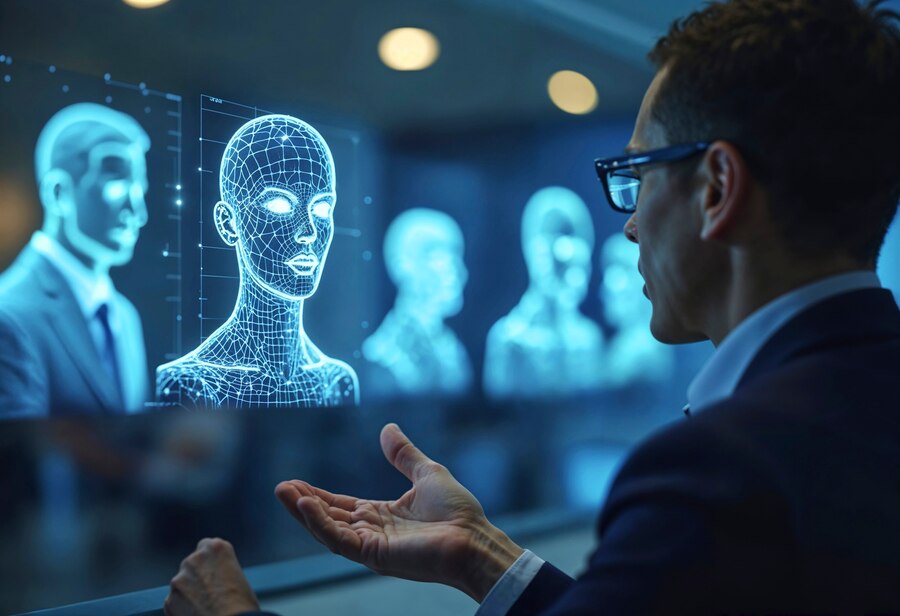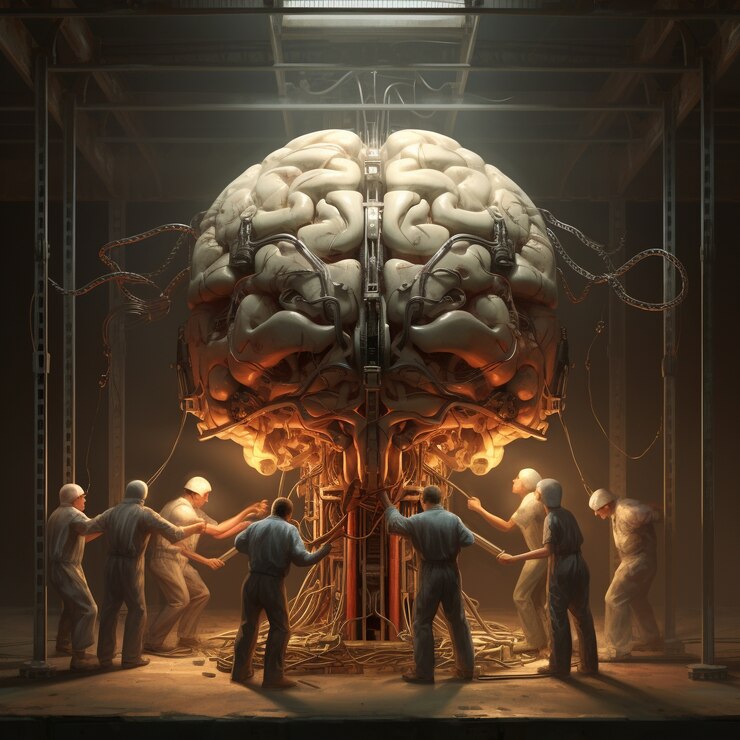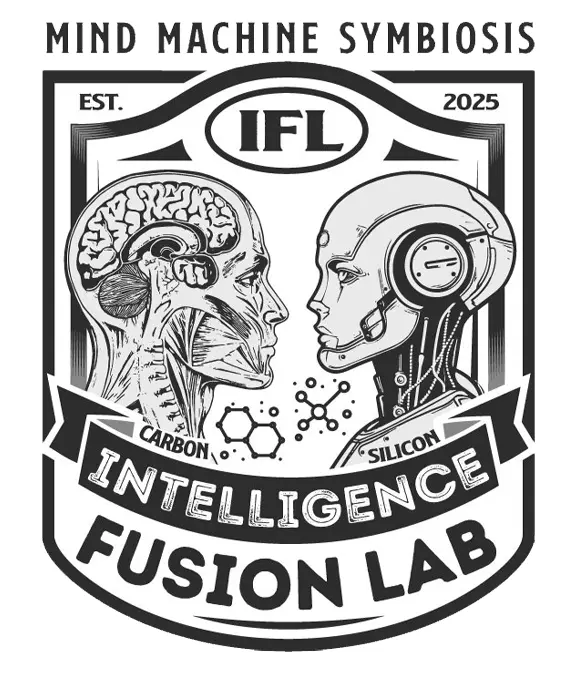Services
- Home
- Services
What we offer
Delivering IT solutions that enable you to work smarter.

Human-Machine Collaboration
Human-machine collaboration is a modern concept that blends the intelligence of humans with the power and efficiency of machines to solve complex problems more effectively. This partnership is transforming various industries, including healthcare, education, manufacturing, agriculture, and scientific research.Machines—especially those powered by artificial intelligence (AI) and machine learning (ML)—excel at processing large volumes of data, performing repetitive tasks at high speed, and providing quick analytical insights. On the other hand, humans bring emotional intelligence, creativity, ethical reasoning, and complex decision-making skills to the table.

Silicon-Carbon Interface Research
Silicon-carbon interface research focuses on studying the physical, chemical, and electronic interactions that occur at the boundary where silicon and carbon-based materials meet. This area of research is critical for advancing technologies in semiconductors, nanoelectronics, energy storage, and high-performance materials.Silicon, a widely used element in electronic devices due to its excellent semiconducting properties, can be paired with carbon materials such as graphene, carbon nanotubes, or silicon carbide (SiC) to enhance performance, efficiency, and durability.

AI Behavior Analysis & Ethics
AI Behavior Analysis and Ethics is a critical area of study that examines how artificial intelligence systems behave, make decisions, and interact with humans—while also exploring the moral and ethical implications of these actions. As AI becomes increasingly integrated into daily life, from healthcare and finance to social media and law enforcement, understanding and guiding its behavior has become essential.Behavior analysis in AI involves monitoring how AI systems learn, adapt, and respond to different situations. This includes identifying patterns in decision-making, detecting biases in algorithms, and ensuring that AI systems act in ways that align with human values and expectations.

Cognitive Conflict Simulation
Cognitive Conflict Simulation is a research and training approach used to model and understand how individuals or groups experience and resolve internal mental conflicts when faced with contradictory information, beliefs, or decisions. This technique is widely used in fields such as psychology, education, artificial intelligence, negotiation training, and decision-making studies.Cognitive conflict occurs when a person encounters information or situations that challenge their existing knowledge, assumptions, or values—creating mental tension. Simulation of such conflicts helps researchers and educators explore how people process opposing viewpoints, adjust their thinking, and reach new understandings or decisions.In educational settings, cognitive conflict simulations are used to promote critical thinking and deeper learning.

Hybrid Intelligence Workshops
Hybrid Intelligence Workshops are interactive sessions designed to explore the collaboration between human intelligence and artificial intelligence (AI) to solve complex problems, enhance creativity, and improve decision-making. These workshops focus on blending human intuition, experience, and emotional understanding with the speed, data-processing power, and pattern recognition capabilities of AI systems.The goal of Hybrid Intelligence is not to replace humans with machines, but to create a partnership where both can work together, each contributing their unique strengths. In these workshops, participants typically engage in hands-on activities, simulations, and discussions that demonstrate how AI can support human tasks and how humans can guide and refine AI systems for better results.

Strategic Foresight in AI Evolution
Strategic Foresight in AI Evolution refers to the practice of anticipating, planning, and preparing for the long-term development and impact of artificial intelligence on society, industries, and global systems. It involves systematically exploring possible future scenarios to guide responsible innovation, policy-making, and organizational strategy in the rapidly evolving AI landscape.This approach combines trends analysis, expert insights, scenario planning, and risk assessment to understand how AI technologies might progress, what disruptions they could cause, and what opportunities or challenges they may bring.
